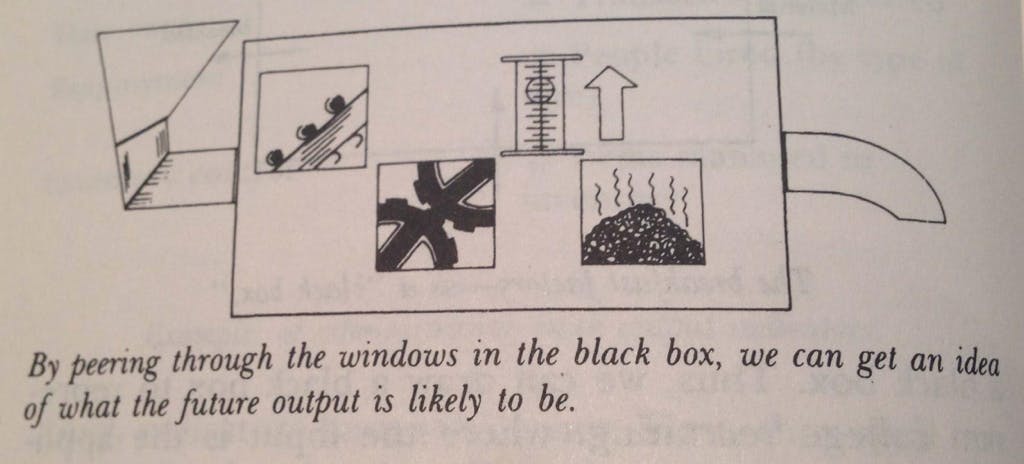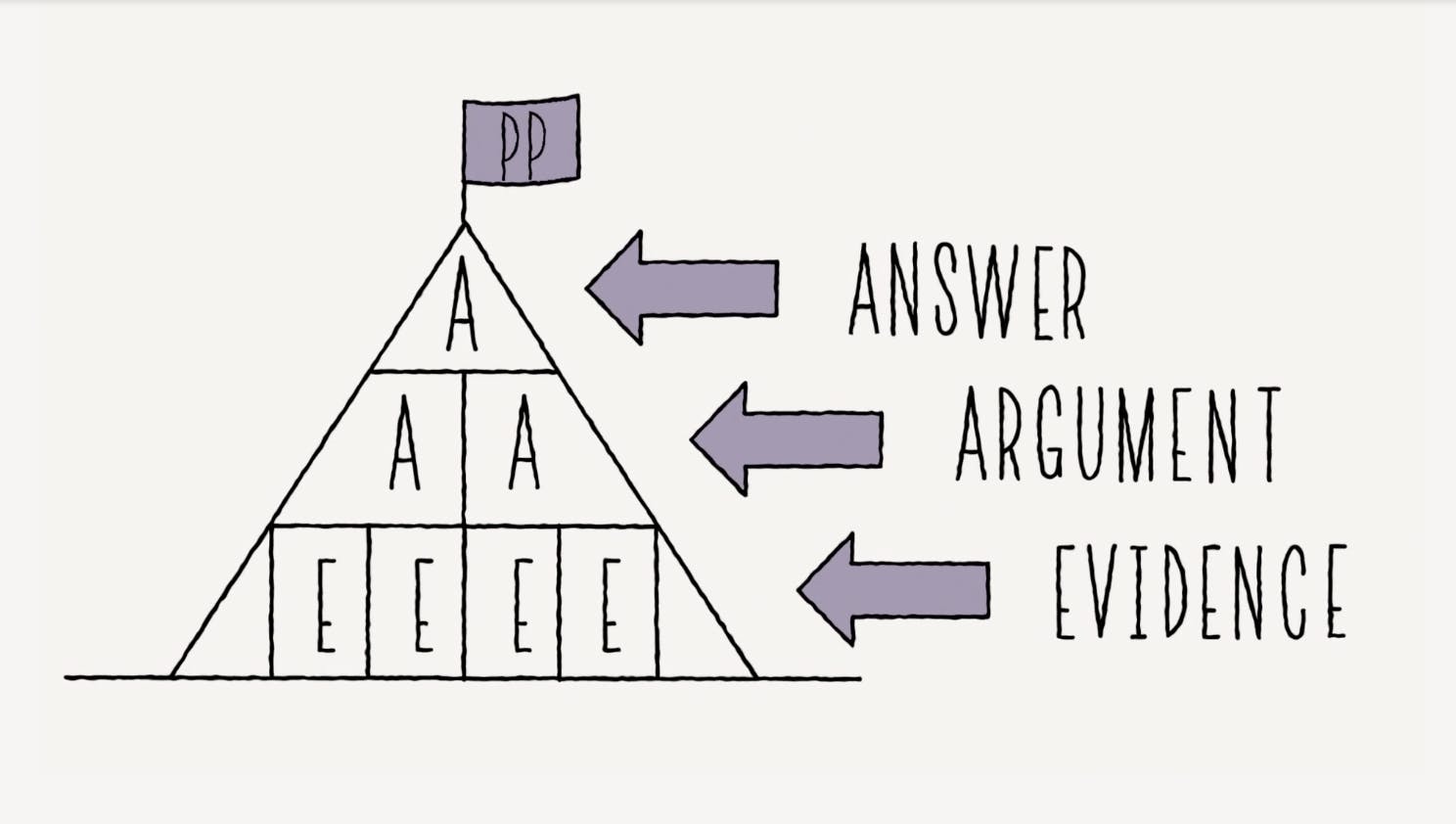“You've got the soft skills and natural ability to lead, but you need more than that to achieve the goals you have as an account executive.” This was direct feedback from my internal mentor at LaunchDarkly. He went on to explain that I needed fundamental business training to learn how to manage my path and get to where I wanted to be.
Not only were these words significant because of my aspirations at LaunchDarkly, but also because they came from someone I admired. At the end of the discussion, he recommended a class that could help me build these skills. The class was called "General Management," and it was taught by Michael Dearing, the founder of Harrison Metal, a venture capital firm based in San Francisco. A colleague who'd taken this same class said: “it's like getting your MBA in three days.”
I ended up taking the course, and it was a great experience. I left with three big takeaways that are helping me take on greater responsibility and achieve my professional goals. I'm confident they can help you too.
Be your real self
The instructor immediately set the tone for the class by asking everyone to post in the class Slack channel and find ways to help another student with a struggle they were having. He prefaced it by saying if you choose to be vulnerable with the person next to you, that person could be the one to teach you a career-changing lesson. In essence, the instructor urged us to be our “real selves.”
I was reluctant to open up to my peers at first. Before the class, I read through my classmates' profiles on Slack, and it made me feel intimidated and uncertain. This stemmed, in part, from the fact that I'm a young black man who never finished college – I wondered how I could contribute to a class full of successful leaders in product, engineering, and strategy. But I knew this class could shape my future, and so I focused on staying outside of my comfort zone, being an eager listener, and rejecting a closed-off mindset.
Something as simple as being your real self gave me visibility into other people's desires and challenges. For example, a product leader shared that he wanted to build confidence as a leader but was unsure if he had what it took to lead the team that reported to him. I learned that people who I would normally put on a pedestal were just as human as I was and that each of them stepped outside of their comfort zone to grow.
At times, I've felt self-conscious about not finishing college and like I didn't earn my spot in the tech world. But being among people in the class who were on the same road I was on confirmed that being vulnerable and recognizing I had room for growth was a strength.
Use Andrew Grove's Black Box
The VP of Sales at LaunchDarkly – another advocate who expressed his excitement for me to take the course – once said that you can't build a successful sales organization without predicting how the team will do in the future. Learning about Andrew S. Grove's Black Box in the class helped me understand exactly what he meant.
Grove's Black Box is a framework that shows the starting point (input of a process) for a company or team, the work (the process), and the desired outcome (the expected output). In the case of LaunchDarkly, the goal might be to increase the number of downloads for our eBook on effective feature management. The input would be the companies that we want to target and introduce to our product. The process would be the steps we take to generate a genuine interest in feature management (e.g., running targeted ads promoting the eBook). The output would be a rise in content downloads and in the number of companies engaging with our team. Andrew Grove's Black Box comes into play as you work to make the outcome more predictable and as you look to better understand the work that your team is doing.

Leaders who are familiar with the Black Box use it to understand what's happening on the ground floor and how to strategize and plan based on that information. The highest-performing salespeople within our organization use it to understand the vulnerabilities in their deals, where they excel as reps, and what they can do to refine their process. I learned how the Black Box could help me grow into the next version of myself, better understand my goals, and measure how close I was to achieving those goals.
Employ Barbara Minto's SCQA framework
The ability to communicate effectively to your audience is important in business and crucial when you lead within any organization. Barbara Minto created a framework for developing such skills. She was among the first females to graduate from Harvard Business School, and her SCQA (Statement, Complication, Question, and Answer) framework for executive communication improves how you express your story, mission, and values. SCQA stands for the following:
- Statement – the task at hand
- Complication – the roadblocks in your way
- Question – investigating what should be done
- Answer – picking a solution and implementing it
Minto's communication technique resonated with me on a personal level because I love writing and it is something I can use in everyday life. It can also help any team convey their message with conviction and confidence.
From the moment you get your answer, you are put at the top of what Minto calls the “Pyramid Principle” (depicted below). At the top, you have the answer to the arguments which dive into why you believe this answer to be correct. Below the arguments, you have evidence that supports the arguments, which, in turn, gets you to the answer.

Conclusion
Bringing my real self to this course allowed me to grow in ways that, looking back now, I was scared to do. When working toward any business goal, I (and you) can leverage the Black Box as a management tool to achieve those goals. And SCQA has given me a framework to add value at LaunchDarkly and effectively communicate as a leader.
I'm still at the base level with all these techniques and am far from achieving mastery, but every day is a chance to practice. I'm excited to teach these same lessons and many more to my teammates.
Thank you
Thank you to Joe Ryan and Omar Cameron for mentoring me, pushing me out of my comfort zone, and introducing me to Harrison Metal. Thank you to Hector Hernandez for your advice about the journey I'm on and your insight into how I should approach the class. Thank you to Michael Dearing for helping me elevate my business skills; this class had a big impact on me, and I'm excited to use these tools to help me grow. (I've been telling everyone about the readings...SO much value.) Big thank you to Maian Tran and Tim Keohane for helping me find the words to express how this class helped me grow. Last but not least, thank you to Arpit "Appy" Choudhary for your leadership and encouraging me to take this class while helping me learn from this experience, so I can become the best version of myself.





